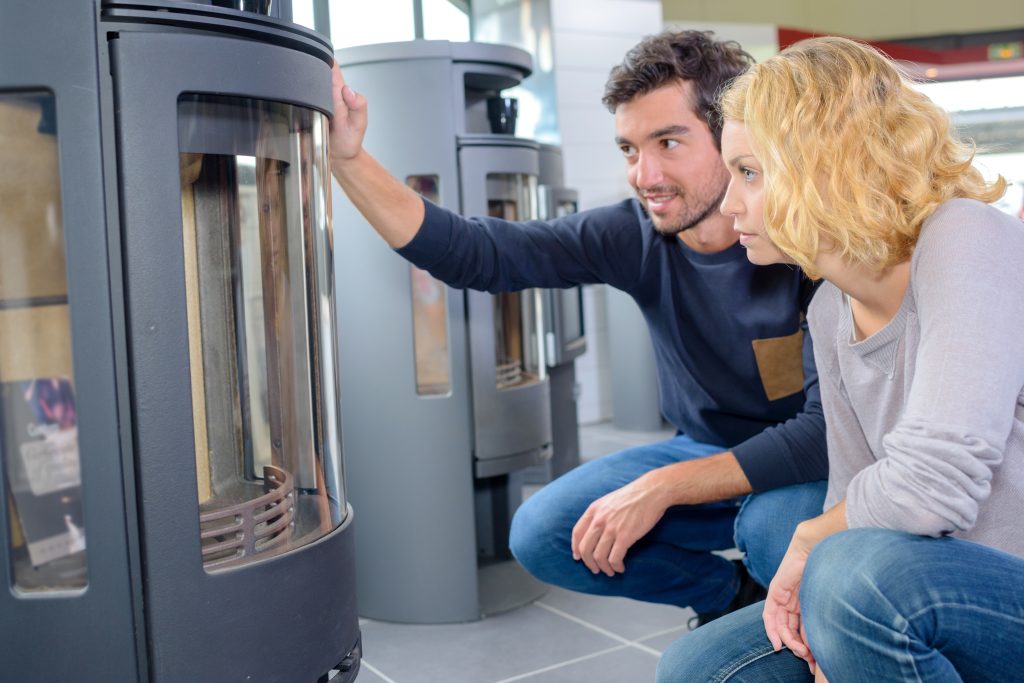Conduct a gas leak test using soapy water on connections and fittings. If bubbles form, there may be a leak. Contact a professional for repairs.

To prevent carbon monoxide leaks, ensure that gas appliances are properly vented and regularly maintained. Install carbon monoxide detectors in your home, particularly near sleeping areas, and test them regularly to provide early warning of any potential CO leaks.
In Alberta, natural gas prices are indeed increasing. Alberta uses a lot of natural gas for heating homes and for electricity. Since the demand for natural gas is growing globally, it affects the prices in Alberta too. Also, when the weather gets colder, people use more natural gas to keep warm, which can make prices go up. Another reason is how the natural gas market works in Alberta. Sometimes, when there’s a big difference between how much natural gas is available and how much people need, the prices can change quickly.
Your gas bill is calculated based on the unit price of gas, the volume of gas you have used and the days that have passed since your last reading.
To calculate your gas bill, simply multiply the unit price of gas by the number of units used, then add the standing charge for the period
As of now, the United States is the largest exporter of natural gas in the world. The U.S. has a lot of natural gas reserves and has increased its production and export over the years. Other big exporters include countries like Russia and Qatar. The amounts can change based on how much natural gas these countries produce and how much other countries need.
Canada’s gas reserves are primarily located in the Western Sedimentary Basin, spanning across Alberta, British Columbia, and parts of Saskatchewan. This region is rich in natural gas resources, with significant deposits found in shale formations such as the Montney and Horn River. The extraction of these reserves has positioned Canada as one of the world’s top natural gas producers.
The natural gas used in homes is mostly methane, which burns well and is quite efficient for heating. Before it comes to your home, it’s processed to remove impurities and other gases. Sometimes, companies also add a unique smell to the natural gas so people can notice if there’s a gas leak, as natural gas doesn’t have any scent on its own.
Links